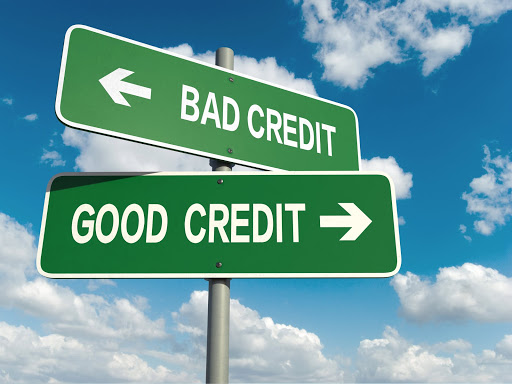Debt consolidation is something you may wish to do if you have debts flowing from different sources. The theory behind debt consolidation is that if you combine every loan you owe, it would be easier to pay off. The advantage of debt consolidation is that you get one account and one interest rate, and you pay on one due date. However, the problem of throwing all your eggs in a hypothetical basket is that if you skip one payment, the implications will be far worse.
How Does Debt Consolidation Affect Your Credit?
When you consolidate your debt, your credit history will drop for a while. It is because the consolidation would initiate an examination of your report. However, this decline is temporary. Your debt restructuring has the potential to improve your credit score in the long run if you make monthly payments. Payment history makes up 35 percent of your credit score.
Attempting to make periodic payments, or worse, skipping payments, is a fast way to tear down your credit score. However, having consistent debt reduction payments will help drive your score back up to demonstrate that you are attempting to work with your debts.
To What Extent Does Debt Consolidation Affect My Credit Score?
Debt consolidation can be perfect for how efficiently you pay your debt, but it may also have the inverse result when done incorrectly. That’s because having a considerable amount of debt on one borrower is likely to affect your credit utilization or the debt-to-credit ratio.
Your credit utilization makes up 30 percent of the total credit score. If your debt-to-credit ratio is between 10% and 30%, this factor would positively impact your credit score. However, if you consolidate your debt and add a significant amount on one credit line, probably maximizing the credit line, the percentage would be significantly higher, with a negative effect on your credit rating.
As long as you’ve got consistent contributions on your debt restructuring and do not make new loans, this reduction in your credit score should be temporary.
Can You Consolidate Debts With a Balance Transfer?
Another way to consolidate the debt is with a balance transfer card. If you have a decent credit score, a balance transfer card will also prove better than a personal loan.
In a balance transfer card, you transfer your high-interest credit card debt to a card that gives you a reduced interest rate.
Many balance transfer cards have an introductory 0% APR period. The main thing to remember here is that the quality is for a finite period.
How Do You Consolidate Debts With a Personal Loan?
Having a personal loan from a bank or credit union is also another way to consolidate your loans. The higher your credit score once you apply for a personal loan, the higher your odds are getting a loan and getting a better interest rate.
To avoid taking more debt, remember not to get concerned with the money needed to keep off your debt. When you get the deposit, you’re going to have to allocate the funds to your new lenders to pay off your debts. If you’re struggling with credit card debt, you’ll still need to consider whether to close or leave your accounts open. Usually, it’s a smart idea to keep one or two accounts open to keep your credit records secure.
Are There Other Ways To Consolidate Debt?
Take Out a Home Equity Loan.
This is a kind of guaranteed loan that helps you make money out of the home price. It typically has a low interest rate of between 4 and 12 percent. Interest is typically tax-deductible. Home equity loans often have longer maturities, usually up to 30 years.
It means that you will have smaller monthly expenses and more time to pay off your loans. The precise terms of your home equity loan can depend on several variables, including your home equity and your credit usage ratio. The apparent disadvantage of this kind of debt consolidation is that you will be putting your house at risk. If you default, you may be heading for foreclosure.
Borrow Against Life Insurance
It is an excellent way to pay down minor loans. You will borrow up to the scheme’s cash amount, and there is no obligation to repay it. Of course, if you don’t repay it, you’re going to forfeit the death benefit in the amount you owe.
If you’ve accumulated plenty of the policy and don’t plan to use it anytime soon, this could be a logical decision. However, you’re going to lose some peace of mind, and you’ll have to take care of the costs of death if the worst happens.
Go Debt Free Today
If you are struggling financially and can’t keep the collection agencies off your back, call the credit consultant at Encompass Recovery Group.
Our team consists of professional and devoted debt management experts with vast expertise in financial planning. You have a lot on your plate of priorities like jobs, families, and keeping your bills paid. Allow our debt relief expertise to assist you in obtaining debt relief through our successful negotiating and resolution techniques.
Contact us today to take the first step toward financial freedom!


